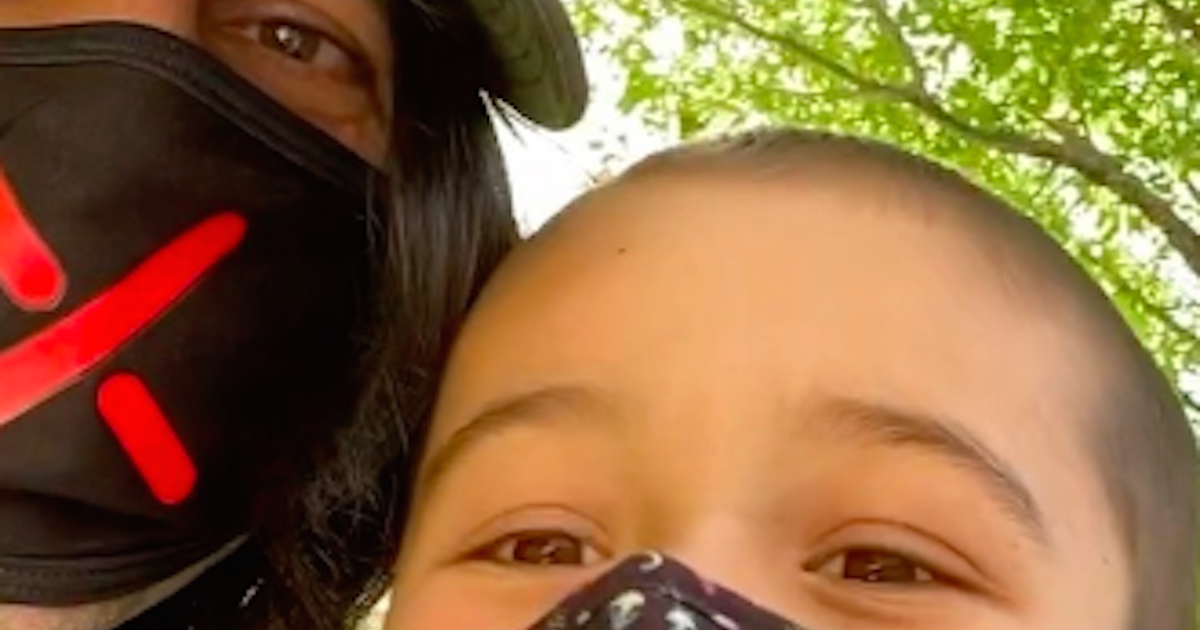“[This] can be dire life-threatening,” says illusionist Criss Angel, whose family are taking every precaution in making sure their son, Johnny Christopher, is safe while he undergoes treatment for leukemia amid COVID-19.
Johnny was under two years old when he was first diagnosed with acute lymphoblastic leukemia (ALL), a cancer in which the bone marrow makes too many immature lymphocytes, a type of white blood cell, in October 2015. After three years of treatment, his cancer went into remission. Then in December 2019, Angel told TMZ in that his son, then 5, had relapsed and would again begin chemotherapy treatments.
Read MoreDr. Brieze Keeley Bell explains how to take care of yourself during COVID-19
Pediatric Cancer During COVID-19
Children with cancer are at a higher risk of contracting COVID-19, despite the low number of pediatric deaths from the virus. This is due to their compromised immune systems as well as experiencing treatments that may further weaken immune responses.
“Children with cancer, unfortunately, are at higher risk for most infections,” Dr. Puvri Parikh, an immunologist at New York University (NYU) Langone Health, tells SurvivorNet. “Children with cancer in general have compromised immune systems because they have a cancer. Then on top of that, they might be on treatments that further compromise their immune systems, such as chemotherapy or radiation or any type of transplant. So for that reason, their immune system is not working as well as it would if they were healthy. They’re at higher risk not only for catching COVID-19, but having severe outcomes from it.”
Dr. Puvri Parikh explains why children battling cancer are more at risk during COVID-19
Dr. Parikh says that many hospitals are limiting visitation due to threats of COVID-19, so it's important to speak to the child's oncologist to measure what level of visitation is safest. These limited visitations could lead to less visits from extended family members, such as grandparents, or deciding whether one parent should be with a child at once. Dr. Parikh encourages parents to ease their children's fear by explaining that the limitations are for safety reasons.
Learn more about SurvivorNet's rigorous medical review process.


